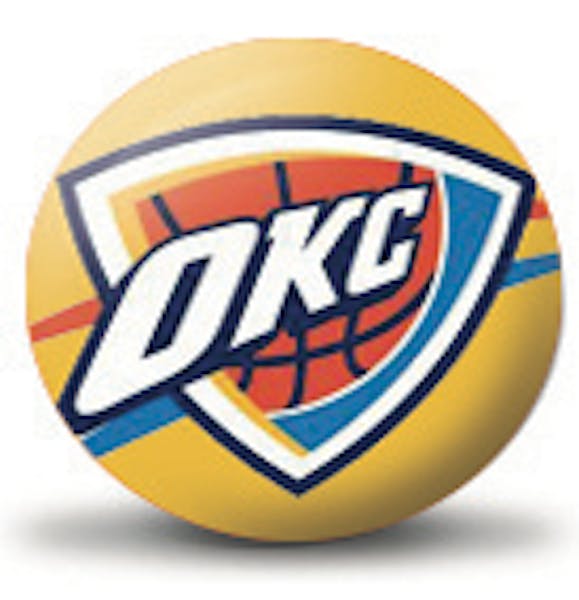In recent seasons, the Timberwolves launched advertising campaigns built around such slogans as "Run With the Pack" and "United We Run."
In this season that has started with five victories in 21 games, Wolves coach Flip Saunders just wants his team to run, period.
To be more specific, he wants veterans Corey Brewer and Thad Young as well as rookie Andrew Wiggins to use their physical gifts and natural inclinations and do what they do best.
"They have to run better, " Saunders said. "They're not running like they should be."
If they do so, the Wolves will score easier baskets and they'll take some of the ball-handling and decision-making burdens off speedy rookie Zach LaVine, who has been thrust into the starting point guard's job now that veteran Mo Williams has missed the past four games because of back spasms.
"He's too far ahead of them, " Saunders said. "Sometimes he almost has to slow down and let those guys catch up a bit."
The Wolves used their athleticism and length defensively in Wednesday's 90-82 upset victory over Portland, holding the Blazers to season lows for points in a game, a quarter (15), a half (36) as well as field goals made and field-goal percentage.
The Wolves already play with pace — they're fourth in the NBA in fast-break points per game, at 16.6 per — but Saunders' aim is higher.
"We can be better, " he said. "We butcher too many [fast breaks], and the ones you butcher lead to open three-point shots at the other end."
Brewer, skinny legs and all, is the kind of player built to run all day. Young's former coach, Philadelphia's Brett Brown, calls Young a "thoroughbred" and one of the league's fleetest open-court runners at the power-forward position. And Wiggins was selected No. 1 overall last summer because he's the kind of athlete who doesn't come around every draft year.
"I agree with him, " Brewer said, referring to his coach. "We need to run more. I don't know why, I feel like we set up [offensive plays] too much. We set up and play isolation basketball. We're not built like that. Let's be honest: It's not working so far, so we have to change something."
With starting center Nikola Pekovic out injured until January and Kevin Love traded to Cleveland, the Wolves' frontcourt is small. Needing all five players on the floor to clear the defensive backboards might be one reason for a hesitancy to get out and run.
"It's tough to balance, " Wiggins said about deciding when to hit the boards and when to run. "I just try to read the situation, see who's under the basket at certain points of the game. I think we're getting better. Corey has always been good. He's great. I'm still learning. I'm getting better at it."
Defense itself — an area in which the Wolves showed significant improvement in Monday's loss to Golden State and Wednesday's victory — might be another.
"It comes from getting stops on the defensive end, " Young said. "If we get more stops, we can get out in transition. We can push the basketball. We can use our strengths to our advantage."
Doing so will help ease LaVine's adjustment to both learning the pro point-guard position and playing 35-plus minutes a game, Saunders theorizes. It will allow him to "get rid of the ball" earlier to teammates out ahead of him.
So far, LaVine is the one who often has been out in the lead, just because of his sheer speed.
"I mean, we do run, " Lavine said. "I feel I push the tempo a lot. I feel like I'm ahead of those guys sometimes so maybe I have to slow up my pace a bit to accommodate them. We just need to work on spacing a little bit because we seem all cluttered up sometimes."

Anderson: Building a new Waterville fish hatchery will help shorten the time between bites
Star driver Josef Newgarden fights back tears, accepts blame for breaking rules in IndyCar scandal
Oregon State and Washington State face player exodus amid realignment

